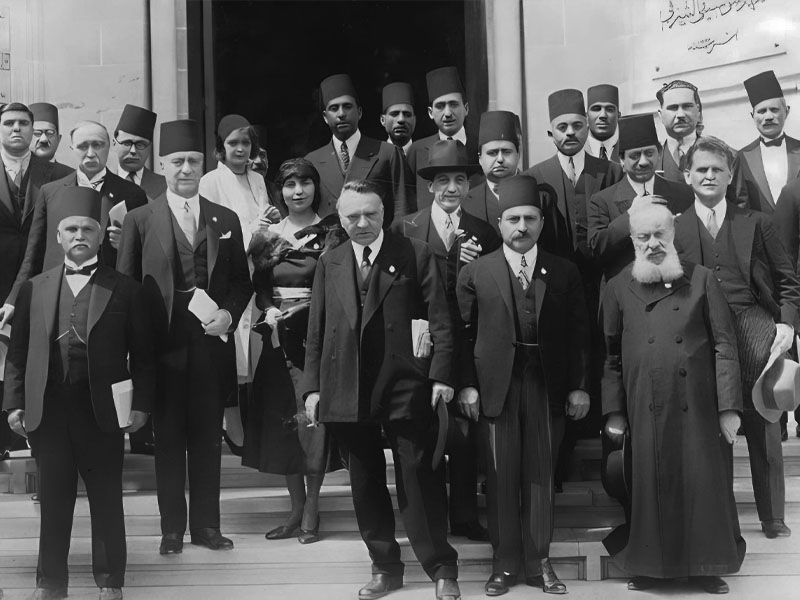A Word from the Editor Despite the past, we still have hope
Issue 42

The first Congress of Arab Music was held in Cairo in 1932. Since then, there have been tireless efforts to define concepts and terminology and to make plans, but not one Arab project (either private or public sector) has managed to collect all the materials related to cultural heritage for a region, country, city or village.
There have been limited attempts to write about, collect, categorise and document these materials – including individual undertakings and unfinished official efforts – but these have often faltered due to a lack of support and funding.
Over the years, governments, international organisations, research institutes and centres have organised multiple international, national and regional conferences and scientific, intellectual and creative meetings. These conferences and meetings proved to be a waste of effort and funding. They yielded visions, ideas, theories, methodologies, plans, and programs to train field collectors of cultural heritage, but these efforts have amounted to nothing more than ink on paper, and the ink was dry by the time the accompanying media hype died down.
We cannot deny the efforts of the scientists, intellectuals, professors, professionals, amateurs, and other people who are passionate about heritage; they worked very hard at these gatherings because they had a vision for the revival of Arab heritage. However, efforts related to Arab heritage and culture have not proved successful, although there have been qualitative leaps in other domains throughout the Arab world.
The important work of collecting and documenting cultural heritage has always met with misfortune. Whenever the scientific conditions are almost ripe, despite great hopes and dreams we find that projects fail due to conflict, rivalry and envy, or to the loss of support and scarce resources, or to an accumulation of errors and mismanagement, or to conflicting senior officials or politicians, or to the contradictory interests of different organisations. Wherever there’s an Arab project for the field collection of cultural heritage materials, there are those who will work hard to sabotage it, diminish its value, or harm the project’s founders or staff.
I wonder why anyone would sabotage another’s project when they do not stand to benefit from doing so. It leads to hatred among the people who are involved in field collection at the local and regional levels and in the Arab world. Every year, cultural heritage materials disappear; if this continues, our culture will vanish.
In order to avoid accusations of exaggeration, we ask each of you to look at any real efforts to collect cultural heritage that you might find, and to notice how each project is held back or destroyed for trivial and even shameful reasons.
We are heartened by the efforts of the individuals who choose to persevere. Although these efforts are modest and scattered throughout the Arab world, over the years some have managed – through sheer determination – to collect and record valuable material from the literature of previous eras. That leaves us with the task of classifying and documenting these scattered fragments.
With every day that passes, Arab culture loses authentic materials that have not been documented. We are depending on this generation – with its education in various sciences and technologies and its great vision, ideas and plans – to start collecting, recording, studying, and classifying our cultural heritage, otherwise all previous efforts will have been in vain.
Ali Abdullah Khalifa
Editor-in-Chief







































































